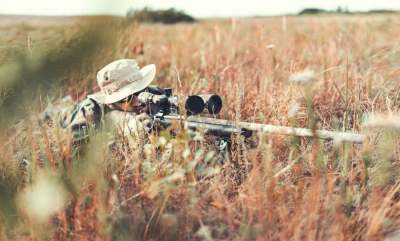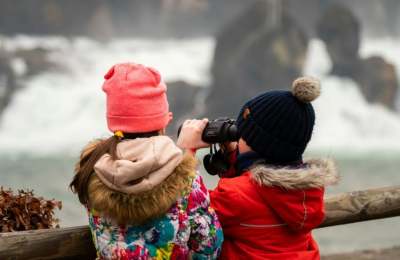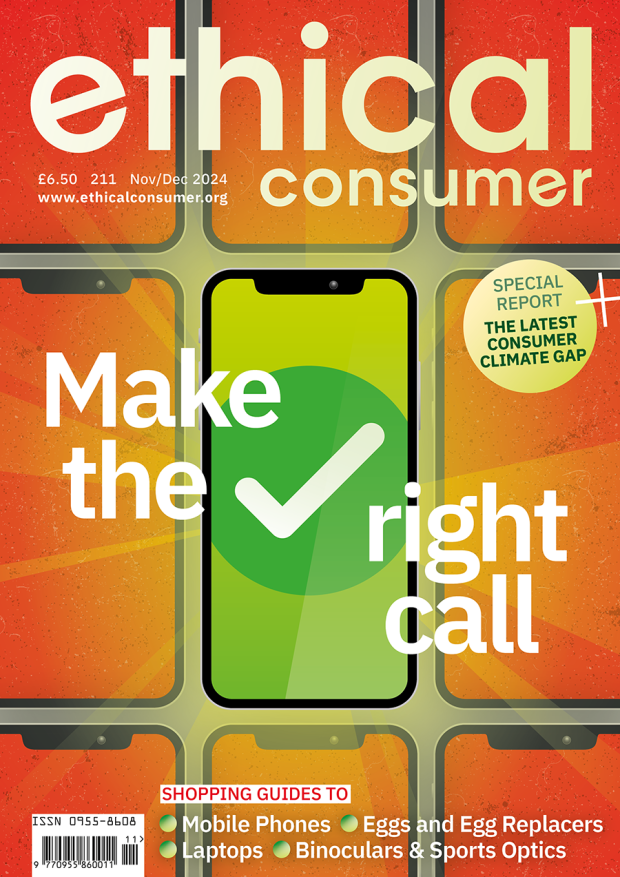Binoculars for ethical wildlife watching
Binoculars, spotting scopes, and monoculars can all be considered sport optics. Although they are used by many people for watching wildlife and in conservation work, they are also essential pieces of equipment for hunters and soldiers.
Many binoculars companies market their sport optics to wildlife watchers as well as hunters and the military. Some of them also sell rifle scopes, optical rangefinders, and red dot sights to mark hunting prey, or are part of company groups that make rifles.
And for some, their marketing activity goes beyond just trying to sell their products to hunters or the military. They promote hunting itself by sponsoring hunting influencers and fund pro-hunting and gun rights lobby groups.
Connections between brands and hunting
In this guide, we rated 27 sport optics companies selling 32 different brands. With total scores ranging from 1 to 59 (out of 100), it's clear that some brands are more ethical than others.
Disappointingly, 21 of the 27 companies we rated sold sport hunting accessories or marketed products to hunters. Of these, 11 companies marketed to hunters of ‘big game’, ‘trophy’ animals and driven hunts (see definitions below).
This included big brands like Leica and Swarovski, which also sponsor conservation events such as Global Birdfair.
But if you are looking for binoculars or other sport optics for wildlife watching, and want to avoid companies associated with shooting, the good news is that there are several recommended and best buy brands in this guide.
With this guide and our recent guide to outdoor clothing, you’ll be fully equipped for all your ethical wildlife watching activities.
This guide is based on our detailed Beyond Specs report.






